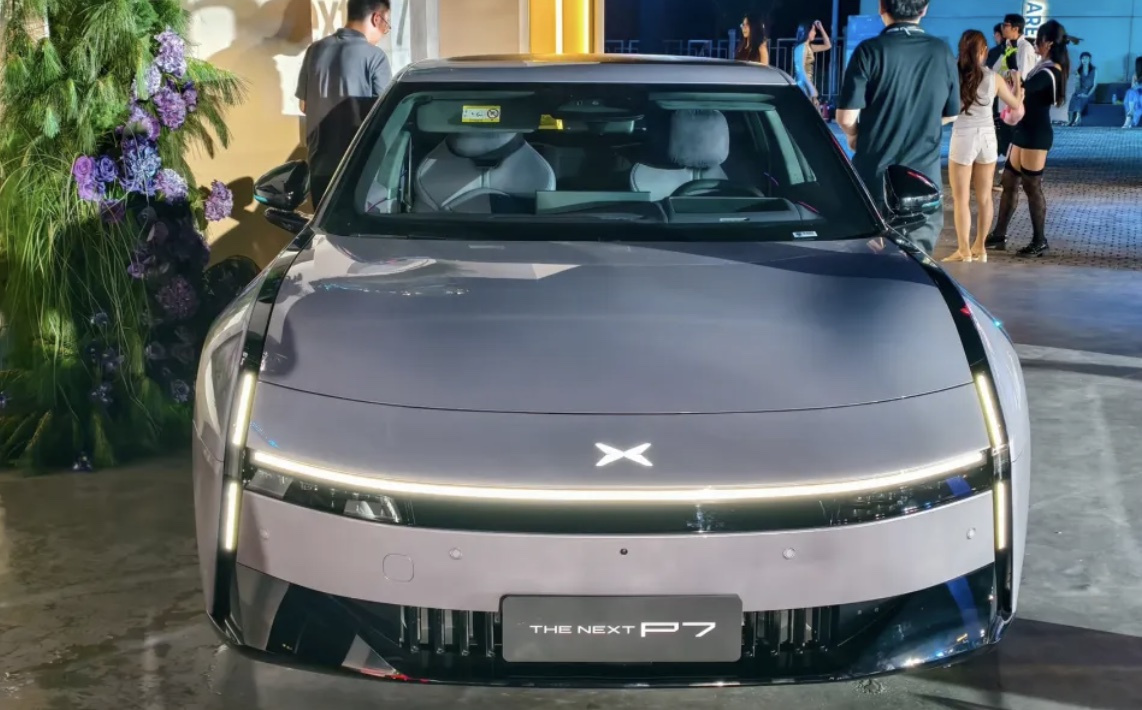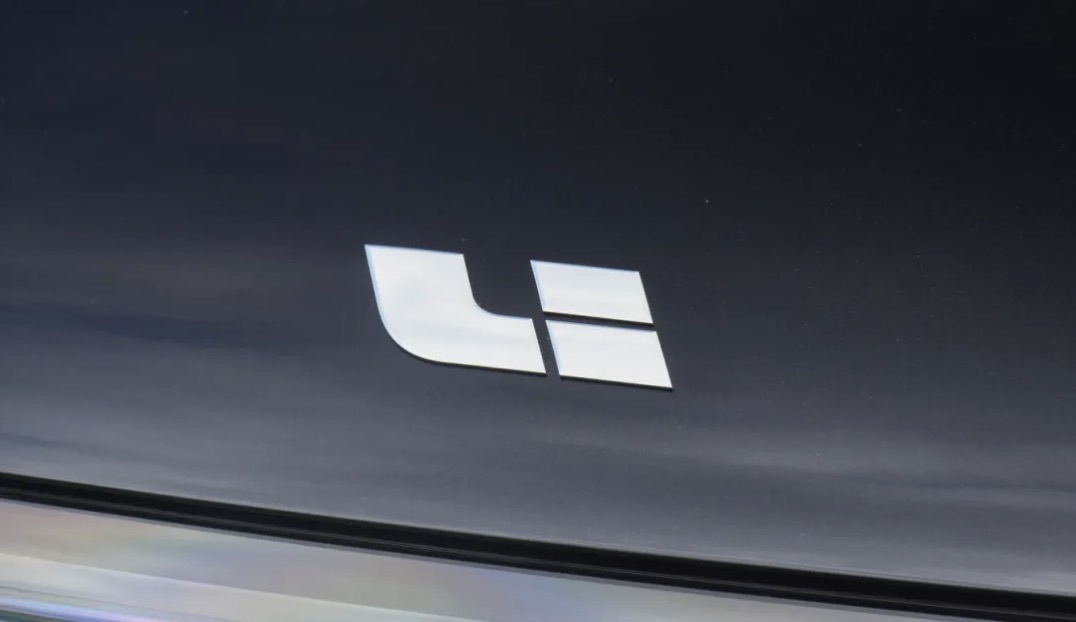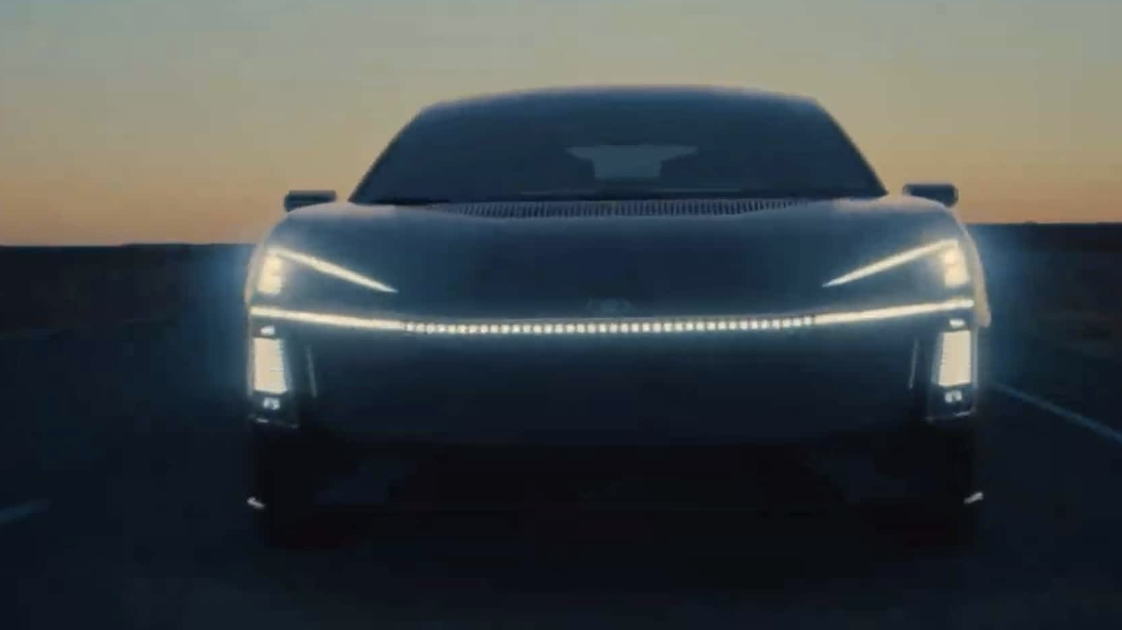Recently, it was reported that Singapore’s sovereign wealth fund, Government of Singapore Investment Corporation (GIC), has filed a lawsuit in a U.S. court against the Chinese electric vehicle manufacturer NIO and its executives.

Overview of the Lawsuit
The lawsuit primarily alleges that NIO committed securities fraud. This marks the first time a sovereign wealth fund has initiated such a lawsuit against a Chinese company listed overseas. The lawsuit, brought by GIC, names NIO, its CEO Li Bin, and its former CFO Feng Wei as defendants.
GIC’s main accusation is that NIO inflated its revenue and profits through its partnership with CATL (Contemporary Amperex Technology Co. Limited) by jointly establishing Wuhan WeNeng Battery Asset Co., Ltd. GIC claims that NIO misrepresented its actual control over WeNeng, misleading investors and causing GIC to suffer investment losses.
Key Dispute: Battery Leasing Model
The core of the dispute revolves around NIO’s unique battery leasing model. Under this model, customers can purchase vehicles without batteries and instead lease the batteries from WeNeng. The key issue is whether NIO should have recognized the full revenue from the battery sales upfront or if it should have recognized it gradually as customers made monthly payments for the battery lease.
NIO recognizes the entire revenue from the sale of batteries to WeNeng upfront, while GIC argues that, according to U.S. GAAP (Generally Accepted Accounting Principles), this revenue should have been recognized gradually as customers made monthly payments for the battery lease.
Controversy Surrounding the Creation of WeNeng
GIC contends that WeNeng was created in August 2020 specifically to “optimize” NIO’s financial statements. This arrangement allowed NIO to immediately recognize large amounts of revenue while shifting battery depreciation costs off the balance sheet. The effect was immediate: NIO’s Q4 2020 revenue doubled year-on-year, from ¥2.85 billion to ¥6.64 billion. GIC argues that, had revenue been recognized progressively in compliance with accounting rules, NIO’s performance would have been much lower, and its stock price would not have surged to a historical high of $62 in early 2021.
NIO’s Defense
NIO insists that the control over the batteries transferred to WeNeng when the batteries were sold, and that the performance obligation was fulfilled, making it reasonable to recognize the revenue in full upfront. The revenue was included in vehicle sales income and disclosed as related party transactions in NIO’s financial reports.
Another Controversy: Control Over WeNeng
Another focal point of the case is the level of NIO’s control over WeNeng, involving the complex issue of Variable Interest Entities (VIEs).
GIC argues that WeNeng is not an independent company but a shell entity effectively controlled by NIO. If this claim is proven true, NIO would be required to consolidate WeNeng’s financials into its own reports, rendering the upfront revenue recognition invalid.
Evidence Presented by GIC
GIC presents the following key evidence:
Equity Structure: After an equity increase in August 2021, NIO held 19.84% of WeNeng’s shares, just below the 20% threshold that would trigger control assumptions.
Substantial Economic Interest: Through accounts receivable and guarantees, NIO holds 55% of the actual economic interest in WeNeng.
Lack of Operational Independence: WeNeng’s operations depend entirely on NIO, with NIO controlling battery types, quantities, and even lease pricing.
Legal Proceedings
The lawsuit has been temporarily delayed by the court as of early October 2025, pending the results of a U.S. investor class action lawsuit related to similar issues. NIO has not yet responded to the lawsuit.
Background: Short-Selling Report by Grizzly Research
This lawsuit is not based on NIO’s recent business activities but rather stems from a June 2022 short-selling report by Grizzly Research. Grizzly had accused NIO of using accounting tricks to artificially inflate profitability, specifically alleging that NIO was using off-balance-sheet entities like Wuhan WeNeng to exaggerate income and net profit margins.
In response to the report, NIO denied the allegations, stating that the report was full of false information and misinterpretations of NIO’s financial disclosures. NIO added that it was following all relevant listing regulations and had initiated a process to address the claims.
GIC’s History of Lawsuits
This is not the first time GIC has filed a lawsuit. As a sovereign wealth fund managing over $1 trillion, GIC has previously initiated lawsuits against several companies, accusing them of causing investment losses. Notable companies that GIC has sued in the past include Qualcomm, Merck, New Jersey-based Bristol Myers Squibb, GlaxoSmithKline, BP, and more.
According to an investment analyst, GIC’s legal actions often serve dual purposes: financial claims and as part of its risk management strategy to hedge potential investment losses during market volatility.



